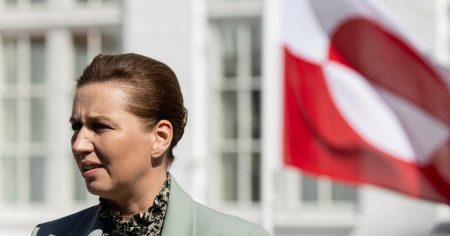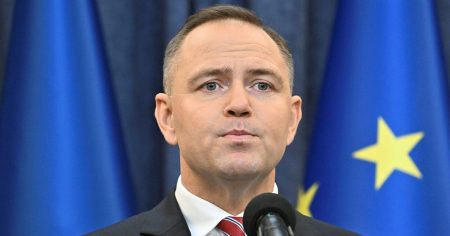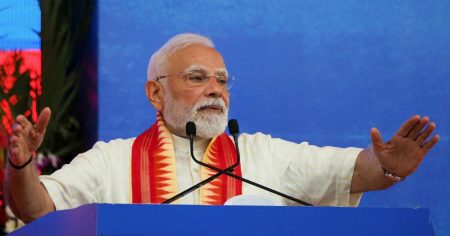On Wednesday, P3 Nyheter reported that several prominent Swedish news websites, including TV4 and Expressen, displayed an advertisement alleging that the terrorist organization Hamas was on the payroll of UNRWA, the United Nations Relief and Works Agency for Palestine Refugees in the Near East. This revelation sparked immediate concern regarding the dissemination of potentially misleading information through reputable media channels. A subsequent investigation by Dagens Nyheter (DN) revealed that the advertisement is part of a broader, internationally coordinated campaign aimed at discrediting UNRWA and undermining its operations. This campaign utilizes digital advertising platforms to reach wide audiences, exploiting the trust placed in established news outlets to lend credibility to its claims.
The advertisement in question presents a seemingly damning image: a list purportedly showing Hamas members receiving salaries from UNRWA. This visual, coupled with accusatory language, creates a powerful, albeit misleading, impression of direct financial support flowing from the UN agency to a designated terrorist organization. However, the advertisement lacks crucial context and verifiable evidence to support its central claim. It fails to provide specific names, dates, or corroborating documentation, relying instead on vague assertions and emotionally charged imagery to sway public opinion. This lack of transparency raises serious questions about the credibility and motives behind the campaign. By exploiting the established reputations of news organizations like TV4 and Expressen, the campaign attempts to imbue its message with unearned legitimacy.
DN’s investigation uncovered a complex network of organizations and individuals involved in the dissemination of this disinformation campaign. While the precise origins and funding sources remain partially obscured, the investigation points towards a concerted effort to manipulate public perception of UNRWA and its role in providing vital assistance to Palestinian refugees. The campaign leverages social media platforms, targeted advertising, and strategically placed opinion pieces to spread its message across multiple languages and geographical regions. This coordinated approach suggests a well-resourced and strategically planned operation designed to maximize impact and influence policy decisions related to UNRWA’s funding and mandate.
The implications of this disinformation campaign extend beyond the immediate reputational damage to UNRWA. By deliberately spreading misinformation, the campaign seeks to erode public trust in international humanitarian organizations and the UN system as a whole. This erosion of trust can have far-reaching consequences, hindering the ability of these organizations to effectively deliver aid and assistance to vulnerable populations. Moreover, the campaign contributes to the polarization of the Israeli-Palestinian conflict by perpetuating harmful stereotypes and undermining efforts towards a peaceful resolution. The demonization of UNRWA as a supporter of terrorism serves to delegitimize the Palestinian refugee issue and obstruct any progress towards a just and lasting peace.
The incident highlights the growing threat posed by disinformation campaigns in the digital age. The ease with which misinformation can be created, disseminated, and amplified online presents a significant challenge to news organizations and the public alike. The reliance on programmatic advertising, where ads are automatically placed based on algorithms, creates vulnerabilities that can be exploited by malicious actors seeking to spread propaganda and manipulate public opinion. This incident underscores the urgent need for increased vigilance on the part of news organizations to ensure the accuracy and integrity of the content they publish, including advertisements.
Moving forward, several key actions are necessary to combat the spread of disinformation and protect the credibility of humanitarian organizations. News organizations must strengthen their fact-checking procedures and implement robust safeguards against the dissemination of misleading advertisements. Transparency regarding the source and funding of online advertisements is crucial to ensure accountability and prevent the manipulation of public trust. Furthermore, media literacy education plays a vital role in empowering individuals to critically evaluate information and identify disinformation campaigns. Finally, international cooperation is essential to address the transnational nature of these campaigns and hold those responsible for spreading disinformation accountable. By working together, governments, civil society organizations, and the media can create a more resilient information ecosystem and protect the integrity of humanitarian efforts worldwide.














